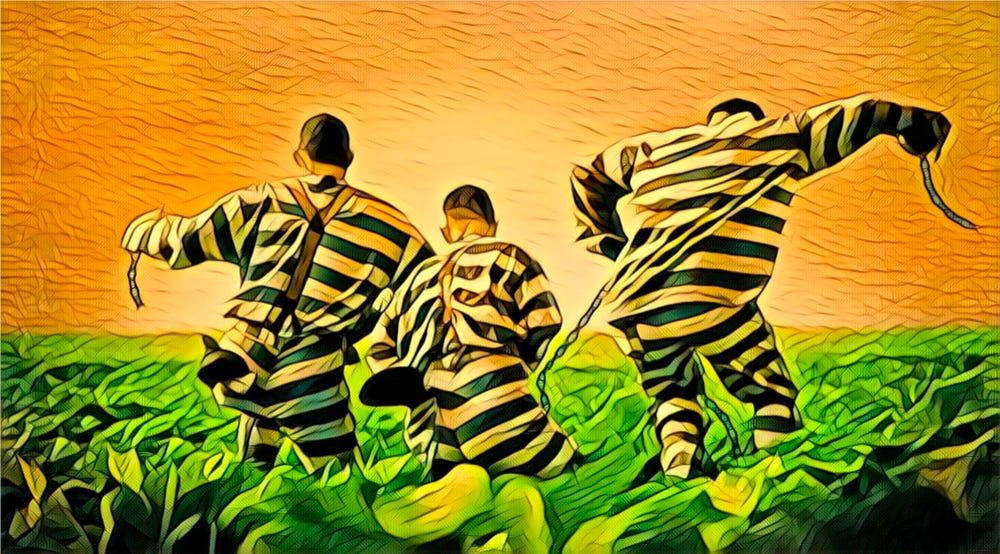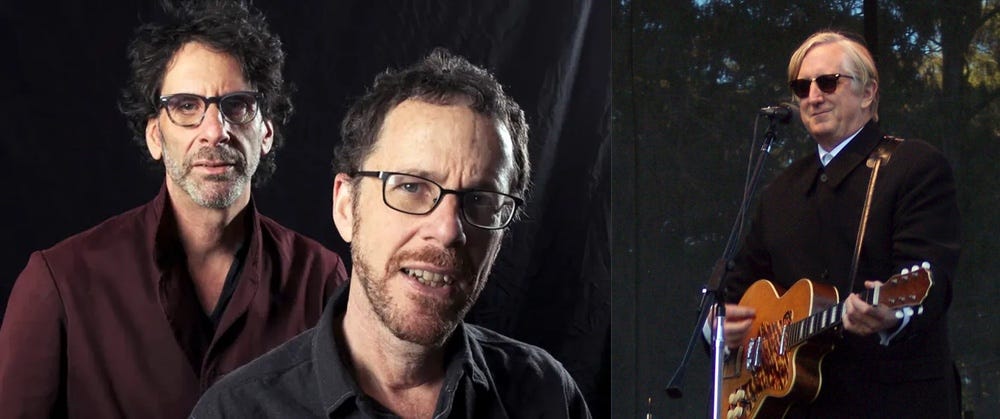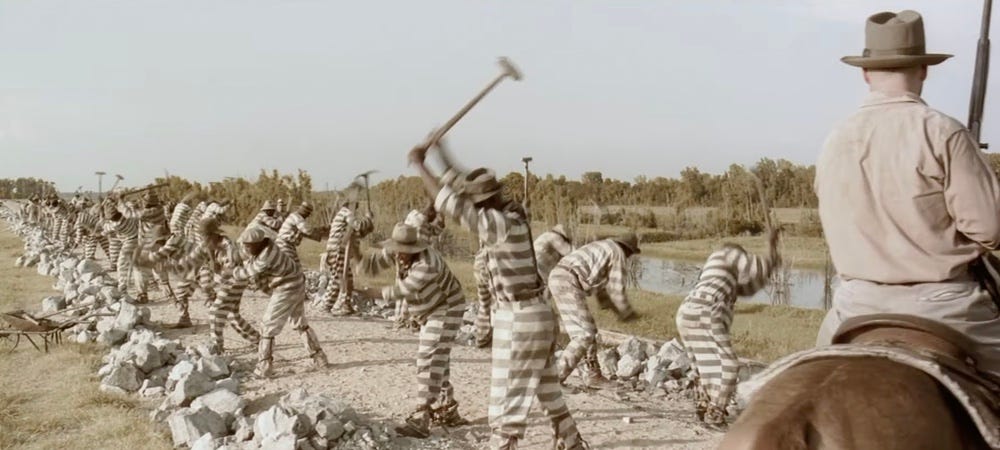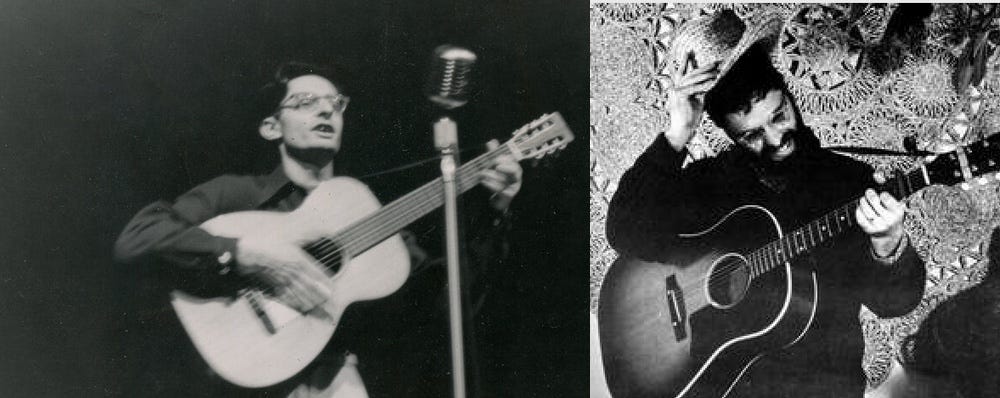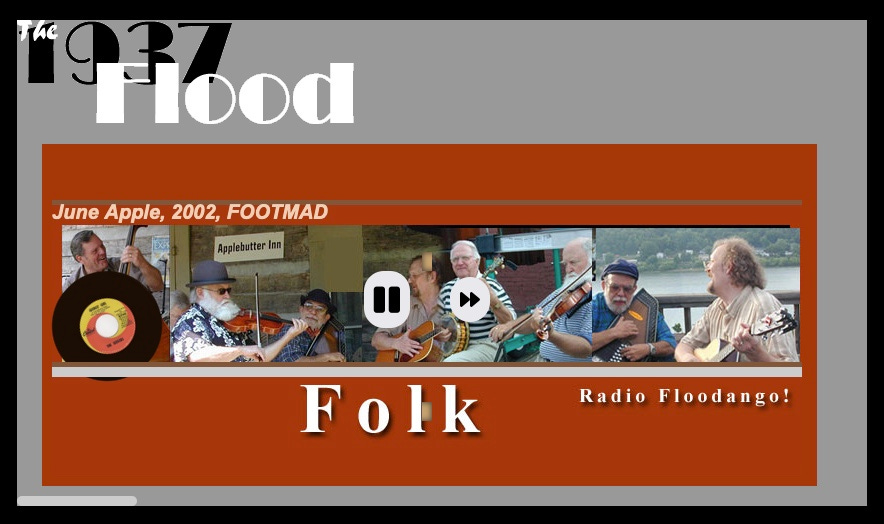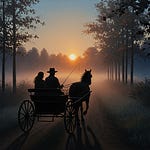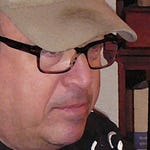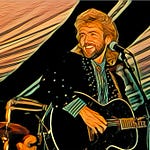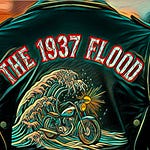When Joel and Ethan Coen needed help with the soundtrack for their fabulous 2000 film, O Brother, Where Art Thou? they turned to respected artist/producer T-Bone Burnett, a famous champion of long-forgotten folk music.
Thinking about how the film was to be set in Depression-era Mississippi and to open with a scene of an escape from a prison chain-gang, Burnett studied some legendary field recordings by American ethnomusicologist Alan Lomax. There he found a gem.
From the Library of Congress archives, Burnett unearthed Lomax’s September 1959 recordings at Mississippi’s Parchman Farm State Penitentiary. Among them was a work song called “Po’ Lazarus” led by convict James Carter. It perfectly fit the opening moments of the movie.
Later, after the great box office success of O Brother and then rocketing sales of the resulting soundtrack album, The New York Times told the story of how Lomax’s daughter Anna Lomax Chairetakis helped Burnett locate James Carter. Their search led them to an apartment in Chicago, where they presented Carter with a $20,000 royalty check. He was astonished. He said he couldn’t even remember making the recording for Lomax 43 years earlier.
About the Song
On that autumn day in 1959, Carter and his fellow inmates performed a typical work song for Lomax, meaning it was sung at a tempo that matched the task, such as breaking rocks in the hot sun. Its plodding rhythm perfectly suited Carter’s bluesy treatment of the tune.
In the following decades, his melancholy rendering was echoed in dozens of new versions, from those recorded by Dave van Ronk and Bob Dylan, by Ian & Sylvia and Buffy Sainte Marie, by Sparky Rucker and the Carolina Chocolate Drops.
Understandably, most of those versions presented the story of Lazarus as a tragic tale of a man who escapes a prison farm, only to be hunted, caught and gunned down by a sheriff with a .45.
Our Take on the Tune
But the song can be done in a diametrically different way. It can be turned from a sad tale of loss into a defiant — ultimately almost triumphant — story of rebellion and resistance.
This is the Lazarus we like. The inspiration for The Flood’s take on this tune comes from a seminal 1961 Folkways album by Rolf Cahn and Eric von Schmidt.
On that record — made just three years after Lomax’s visit to Parchman Farm — von Schmidt sings “Lazarus” to his own melody (he didn’t remember the original tune). Also he starts the story, not at the usual point — with the high sheriff searching for the escapee — but rather with the angry protest that led to Lazarus’ flight in the first place. (“Lazarus, my old partner, walked on the commissary counter, then he walked away.”)
But what’s going on here?
“When prison food and other conditions became too much for a man,” Rolf Cahn wrote in the liner notes for their album, “he would literally walk on the counter, kicking the food onto the floor. Since this resulted in violent objections from other convicts, as well as thorough preventative measures from the guards, only a very tough and very angry man would ‘walk on the commissary counter.’”
The Flood’s “Lazarus” uses von Schmidt’s melody as well as his faster, more insistent rhythm and most of his lyrics.
Then we also stir in a little something of our own.
We opt to end the song by returning to Lazarus’ overriding spirit of defiance. We offer a flashback to his counter-walking protest, then we depart with a prediction of an uprising by his old partners “next sunny day.”
More Folk Music, Please
By the way, if folk music is your thing, you might like to tune in the Folk Channel in The Flood free music streaming service, Radio Floodango.
Something like six or seven dozen song are waiting for you on the playlist there; if you’d like it can be a day-long soundtrack. Click here to turn us on!



